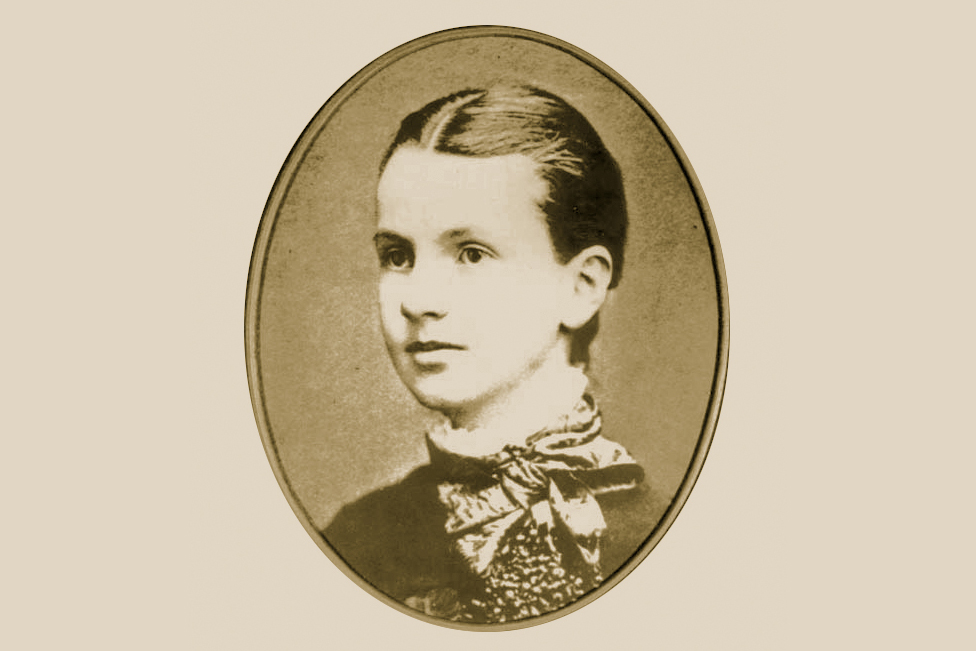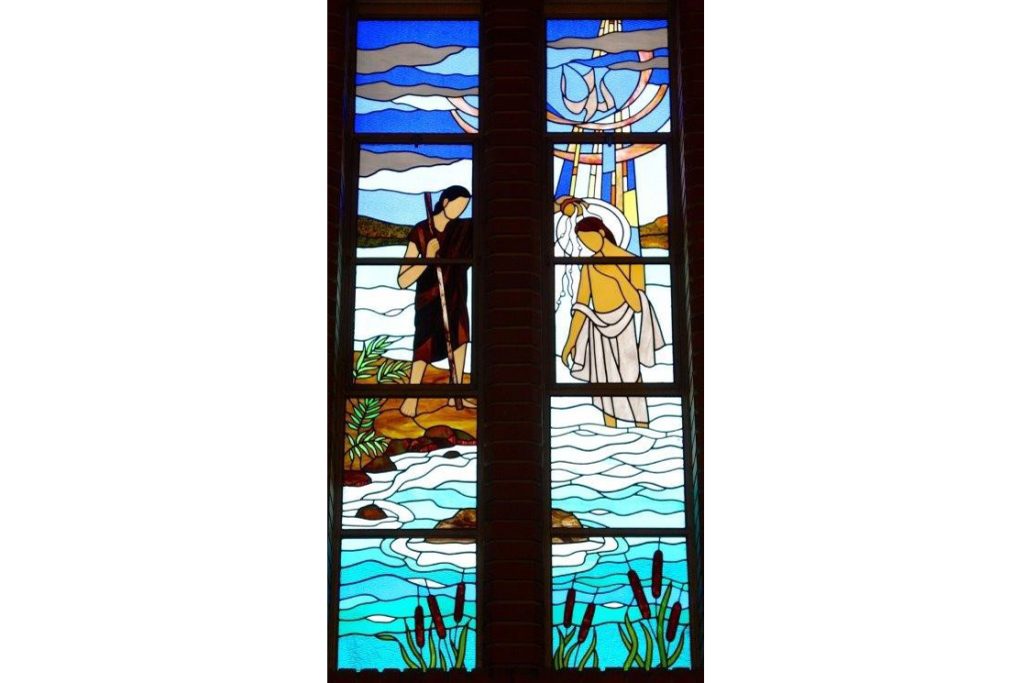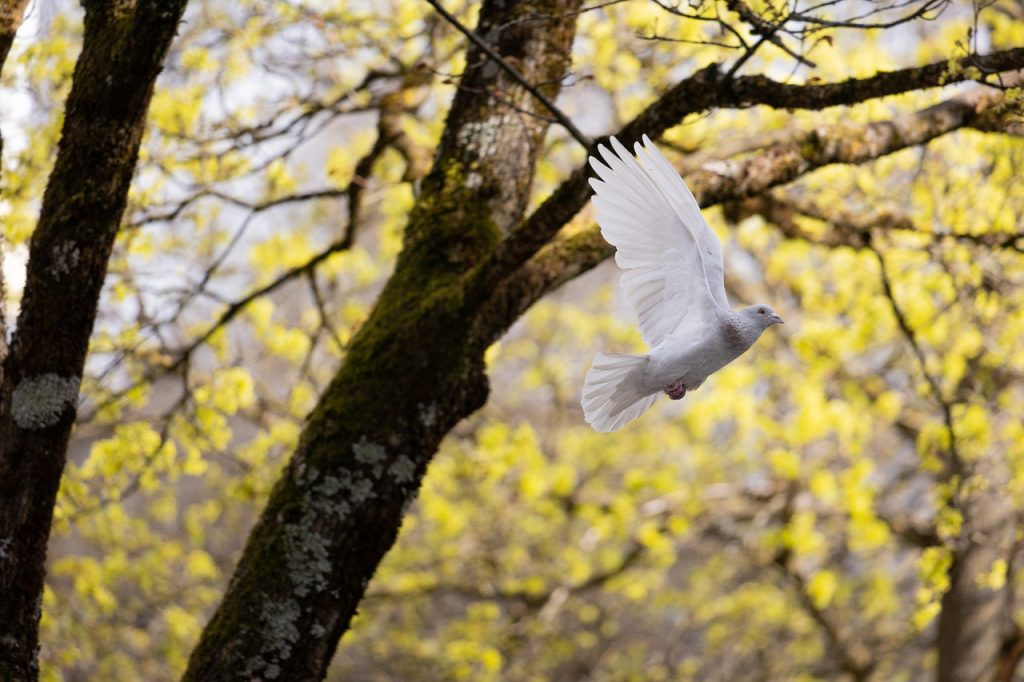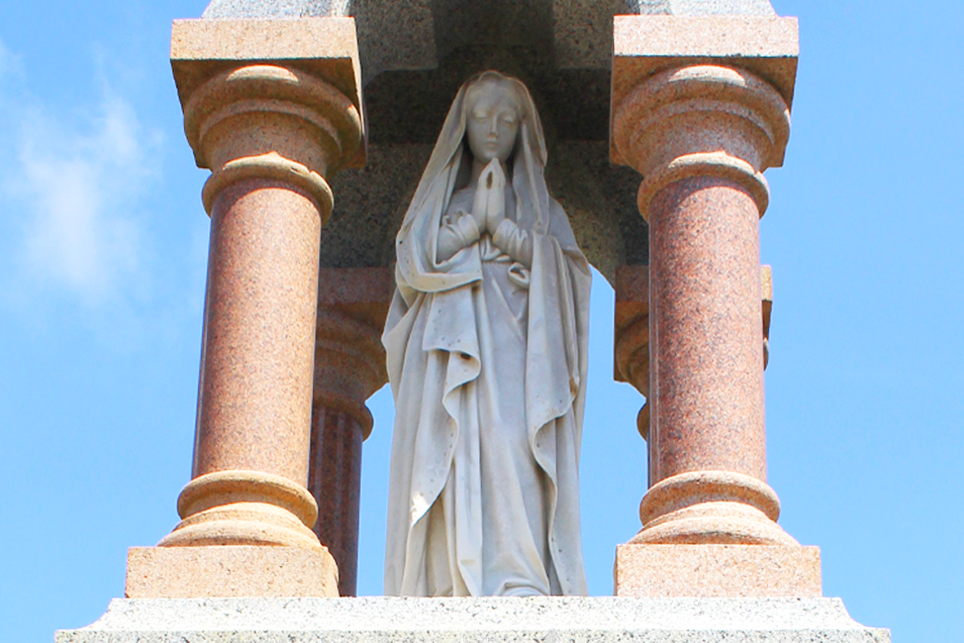Beatification of Mary MacKillop Anniversary
January 18, 2024
My first impression goes back to the morning prayer held in St Mary’s Cathedral, Sydney before the beatification, when Pope John Paul II came to officiate at this event. The presence of the pontiff at such a gathering was awe inspiring, with some of our Sisters able to meet him personally.
Mary MacKillop: Gifted and Graced
January 14, 2024
No doubt 15 January 1842 was a day of celebration for Flora MacKillop (nee MacDonald) and Alexander MacKillop and their extended family on the birth of their first daughter in Merino Cottage, Fitzroy, Melbourne. Mary MacKillop’s parents were Highland Scots, Alexander MacKillop arriving in Sydney in January 1838 and Flora MacDonald in April 1840. Father Geoghegan blessed their marriage on 14 July 1840 and baptised the child Maria Ellen, [1] known as Mary Helen, on 28 February 1842.
Jesus and John the Baptist: Companions
January 3, 2024
In recent weeks across the globe, the world has been lamenting tragedies described in media reports as ‘living hell’. This includes the land where both Jesus and John the Baptist were born, grew into manhood, ministered amongst their people, and died for how they taught and lived in right relationship with God and with other human beings.
The words “From the River to the Sea” have rung out in chants across the weeks in the land between the Jordan River and Mediterranean Seacoast, as both Israelis and Palestinians have struggled for recognition of their ancestral rights, seeking mutual survival, territorial security, and freedom from terror.
A Starlight of Everyday Epiphanies

The feast of the Epiphany (7 January) celebrates the revelation of God incarnate as a vulnerable newborn baby to the Three Magi who followed the Star to Bethlehem stable.
Matthew’s gospel puts its simply:
“Let there be peace on Earth and let it begin with me”
December 31, 2023
The title is the opening lines of the song Peace on Earth by Jill Jackson and Sy Miller. Our troubled world cries out for Peace, as we witness the stories of those devastated by war, and the effects of climate change. It is easy to become overwhelmed with a sense of hopelessness and powerlessness. We are reminded in this song that Peace begins in each individual heart.
Pondering on living from a place of peace has drawn me to reflect on two icons of Peace.
New Year 2024

As we step over the threshold into a New Year, we look back with gratitude at the realities that have shaped us during 2023 and look forward to all that this New Year holds for us.
Thresholds are places of encounter where we are challenged to widen the tents of our hearts and be ready to receive the gifts that are there to be embraced. They call us to see with new perspectives, ready to move along unknown paths with courage and trust. As the New Year begins, we pray that peace, justice and compassion will guide world leaders in their decision-making. These values call us to care for one another and for our common home Earth.
Julian Tenison Woods on Transcendent Evolution by Supernatural Selection
December 30, 2023
Father Julian Tenison Woods’ deep spiritual devotion to Mary and his profound connection to God through the natural world, were not mere facets of his life; they were sources of his vitality and inspiration.
Nature (or ‘Mother Nature’), like Mary the Mother of God, is a (‘sacramental’) sign of God’s grace which allows God’s presence to flow into us. Fr Julian found solace and revelation in both Mary’s maternal embrace and the nurturing beauty of nature. His life’s work in the natural sciences was more than an academic pursuit; it was a testament to the belief that all of creation offers glimpses of the infinite beauty of its Creator. Fr Julian’s reverence for Mary and for nature’s Creator breathed life into his very being, his ‘soul’, allowing him to provide his spiritual children insight into the interconnectedness of faith, science, and the world around us.
Christmas Message 2023
December 21, 2023Greetings of Peace and Joy on this Christmas Day.
In churches, in families and in some public spaces there will be a Nativity scene telling the story of that first Christmas night. Our minds and hearts will be drawn to Bethlehem the birthplace of Jesus, prince of peace. This year as we gather around the crib, let us be mindful of the people of Bethlehem and all those places in our world where conflict reigns rather than peace.
